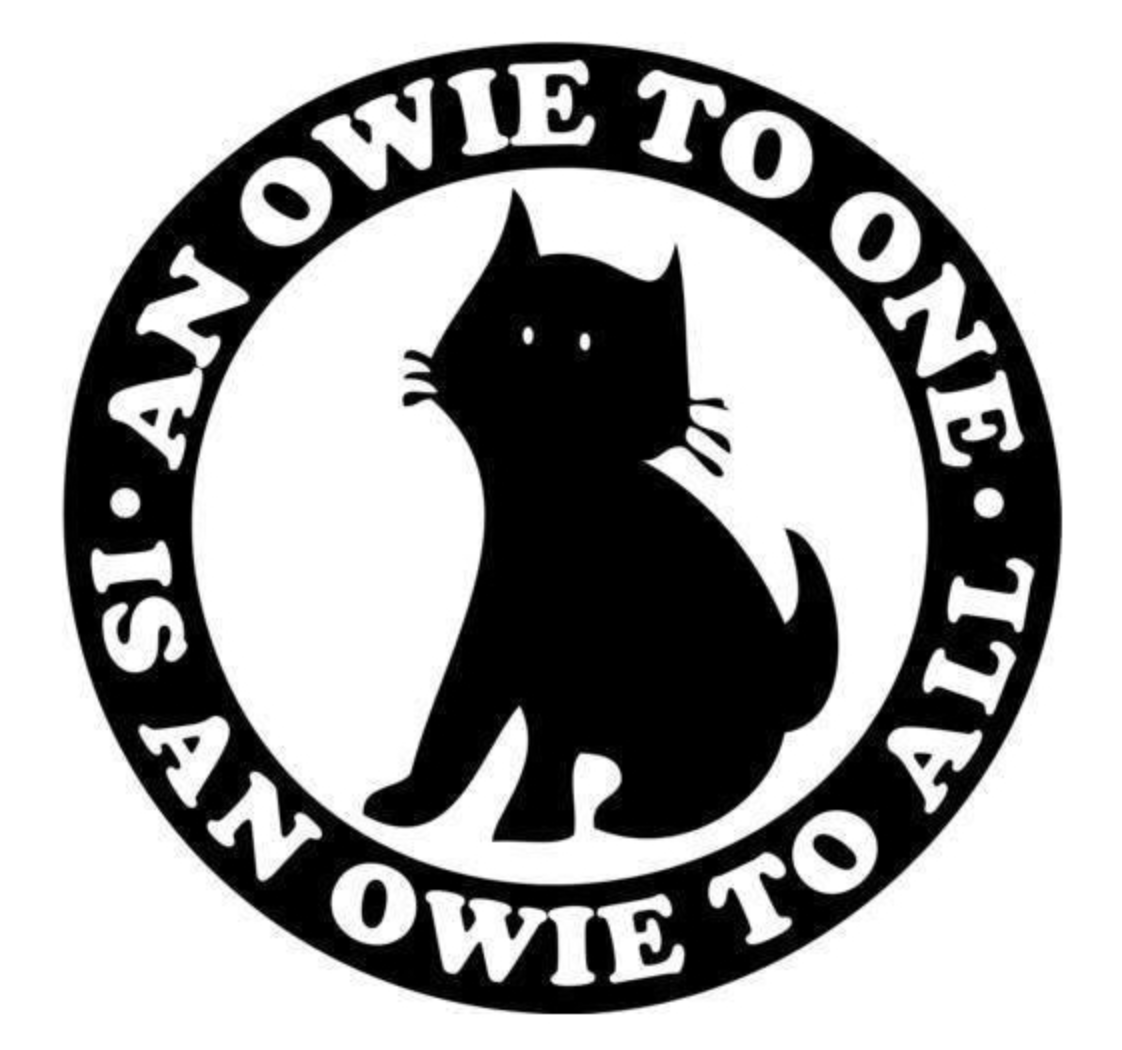- cross-posted to:
- [email protected]
- cross-posted to:
- [email protected]
Pedro Arrojo-Agudo, a UN Special Rapporteur on the right to safe drinking water and sanitation, warned that Israel “must stop using water as a weapon of war.”
Israeli Defense Minister Yoav Gallant announced that Israel was “imposing a complete siege on Gaza. No electricity, no food, no water, no fuel. Everything is closed. We are fighting human animals, and we are acting accordingly.”
The deprivation of water and the destruction of water and sanitation infrastructure have long been part of the Israeli effort, in both the Gaza Strip and the West Bank, “to make the daily process of living, and dignified living, more difficult for the civilian population,” as a UN Fact Finding Mission stated in 2009.
On Oct. 14, the World Health Organization (WHO) stated that the cutting off of electricity meant there was not enough power to operate water wells, desalination and purification plants, and sanitation services.
UNICEF, which had opened that desalination plant in 2017, stated that people were forced to drink highly salinated water from the sea, which was further contaminated by vast amounts of untreated wastewater being discharged into the sea every day. Within two weeks of the war starting, OCHA estimated water consumption per person in Gaza — for drinking, cooking and hygiene — at just 3 liters per day, while those cramming into UN shelters had access to only 1 liter per day; International standards recommend at least 15 liters per person each day.
OCHA wrote: “People have resorted to consuming water extracted from agricultural wells, increasing exposure to pesticides and other chemicals, placing the population at risk of death or infectious disease outbreak.”
At the end of October, an internal U.S. State Department report expressed concern that 52,000 pregnant women and over 30,000 babies under the age of six months were being forced to drink a potentially lethal mix of water polluted with sewage and salt from the sea.
As activists with the US-based Alliance for Water Justice in Palestine and 1for3.org, we have seen how Israel’s discriminatory water policies have long been used to control Palestinians and drive them from their land.

